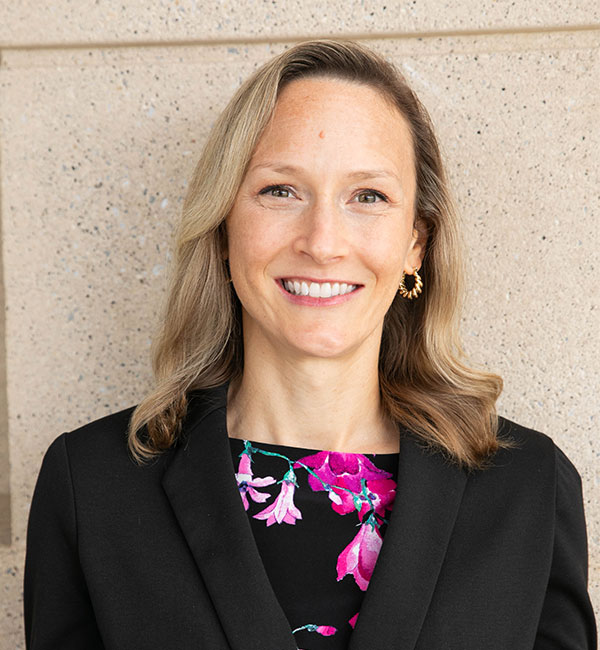As a new mom I am always trying to do what is best for my child. Whatever the decision-whether to swaddle, use a pacifier, or let him cry-I frequently second-guess myself and wonder if I should be doing things differently. At the end of the day I know that we have to do what works best for our family. One decision that I thought I was sure of was funding a college education. My husband and I are both college graduates and value not only the opportunities that a degree provides, but also the experiences and maturity gained in those college years.
However, I have been reading a lot about the “Return on Investment” of a college education and that self-doubt is starting to creep up again. In Bill Gross’ recent Investment Outlook , he questions, “A mind is a precious thing to waste, so why are millions of America’s students wasting theirs by going to college?” He is not the only well respected name questioning the value of a college education. You may have also seen Peter Thiel on the news. Theiel, head of Clarium Capital, established a foundation to give $100k grants to students to drop out of school and pursue entrepreneurial ventures. What are well-meaning parents to do?
Luckily the latest Journal of Financial Planning has some food for thought:
- “Three-quarters of Americans believe college is too expensive and more than half (57%) say there is not an adequate value return for what students and families pay.”
- The U.S. Census Bureau reports that the median annual income gap between a college graduate and a non-graduate is $19,550
- “The strong majority of college graduates (86%), feel their higher-education experience was worth the investment. Three-quarters believe that experience was very useful in helping them grow intellectually. About 70% believe it helped them grow and mature as a person and 55% mention its use in preparing them for a job or career.”
- “Many Americans say a young person’s success depends largely on a good work ethic (61%) and knowing how to get along with people (57%). Fewer than half (42%) point to a college education.”
This is all a lot to digest, but just another instance where I know I need to follow my instincts. The financial planner in me is also telling me to practice what I preach-contribute to a 529 plan after fully funding retirement accounts and Roth IRAs and avoid over-funding those plans. For more about this strategy read “Thinking Outside the 529 Box.”


